Research projects funded so far
The following research projects by employees have already been funded by the Sustainable Impact Program (SIP). More projects are constantly being added on an ongoing basis.
School communication with foreign-language speaking parents and guardians
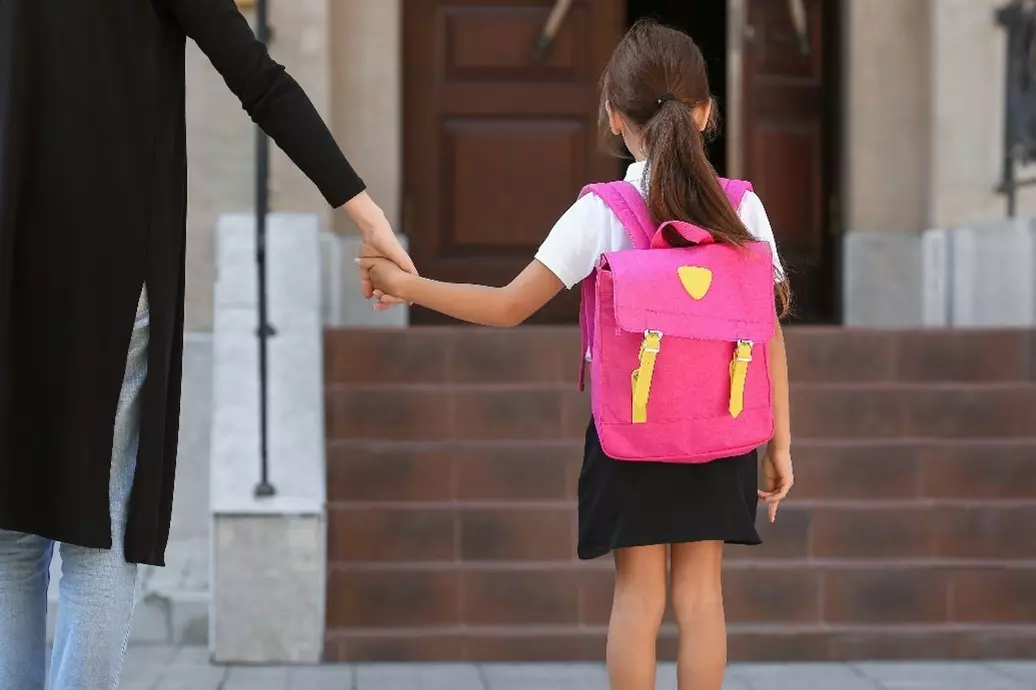
The basis for good cooperation between school and home is a functioning exchange. Language barriers, intercultural hurdles or a lack of media competence can make communication between schools and foreign-language parents and guardians difficult. The research project led by Nicole Rosenberger Staub and Caroline Lehr thus seeks to contribute to more equal opportunities in the school system: Based on guideline interviews with different stakeholder groups, fields of action shall be identified that are relevant for the further development of communication. For this purpose, the interdisciplinary project team from the departments of Applied Linguistics and Social Work is working closely with two QUIMs schools. This allows the findings to flow directly into practice.
Optimise biological fertiliser
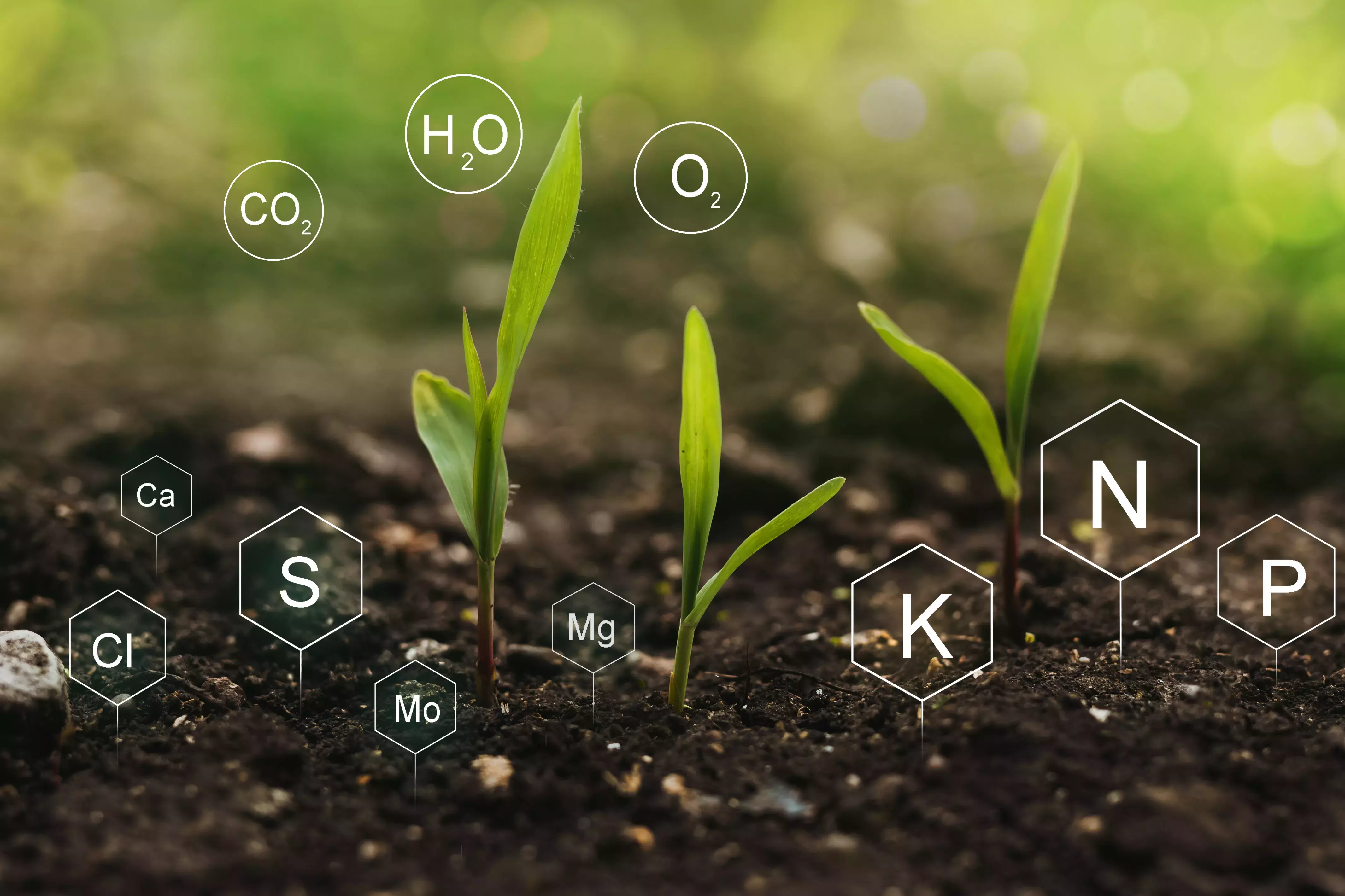
Nitrogen is a greenhouse gas and is often used in agriculture for fertilising. So far, synthetic fertilisers have often been the first choice, as biological fertilisers are not directly absorbed by the plants. The use of biological fertiliser leads to planning uncertainties, which in turn result in additional use of fertiliser and thus higher emissions. To optimise the use of organic fertiliser as a more environmentally friendly alternative, Martin Schüle and Adrian Rutzer, Institute for Computational Life Sciences (ICLS), are investigating complex plant-soil models to determine which nutrients are available to the plant and when. This is a first step towards the development of models with computational and data-driven methods that enable the estimation of the optimal nutrient content.
Social entrepreneurship in Switzerland at a glance
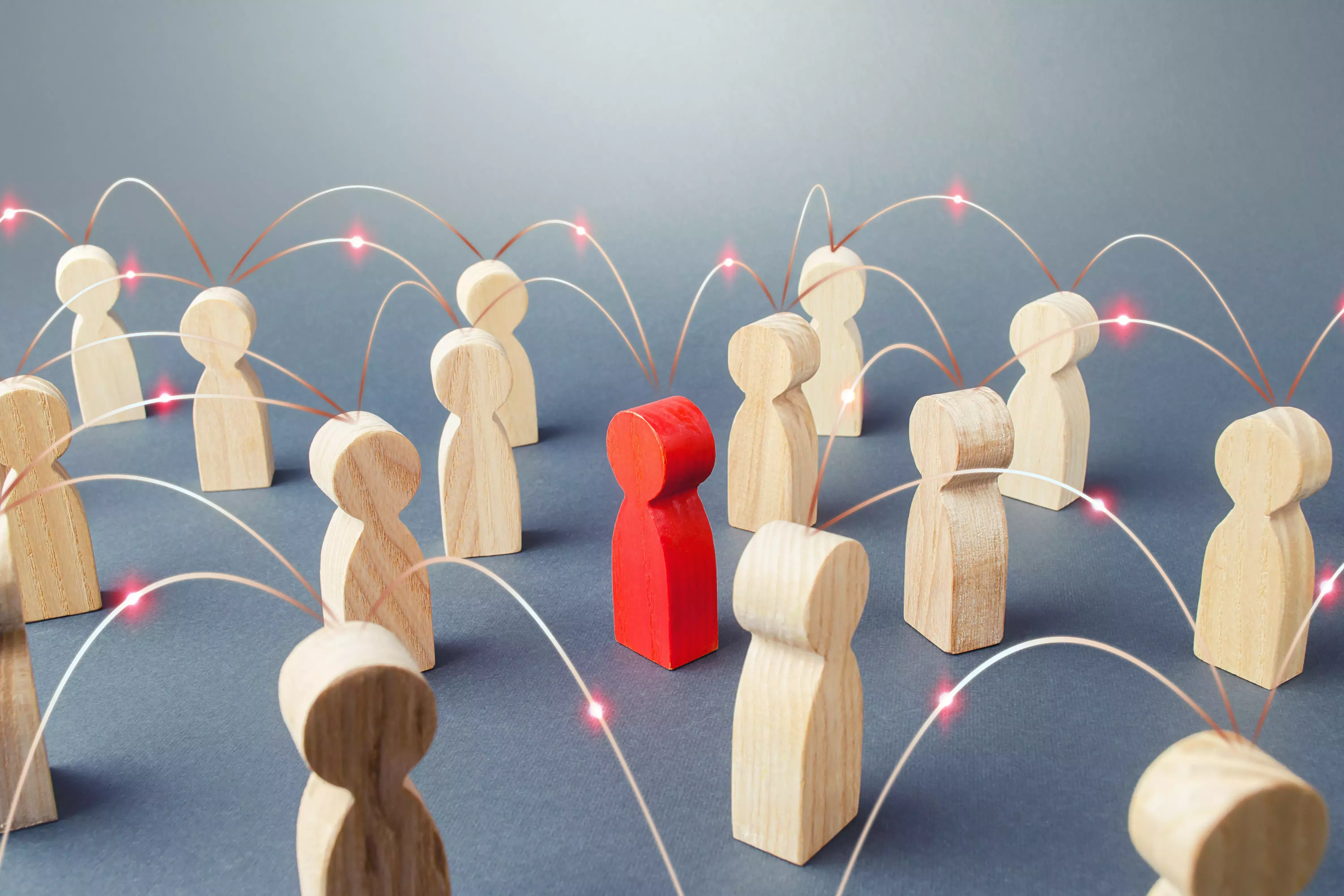
For social and impact entrepreneurs, access to networks and resources is crucial to realise their potential for innovative project ideas. This is the starting point for the new research project by Richard Bläse and Matthias Filser. With the help of a virtual map, the most important support services and key players in the field of social entrepreneurship in Switzerland are made visible. The methodical, two-stage approach aims to identify the core needs of social entrepreneurs and overcome barriers to innovation. This helps to sustainably anchor and promote social entrepreneurship at the ZHAW and in Switzerland.
Simultaneous Production of Tea and Electricity

Agrivoltaic (APV) is a method to produce both solar power and agricultural products on the same patch of land. So far, life cycle assessments to evaluate the environmental impact have only been based on existing APV installations. In his project "Green!Tea", Grégoire Meylan is conducting a prospective LCA to identify environmental hotspots and improvement potentials of APV for green tea production in Vietnam. Green tea is a promising crop for APV because it requires shading. APV can increase the quality of tea in an economically efficient way and improve the livelihoods of farming families.
Climate Duel 2.0
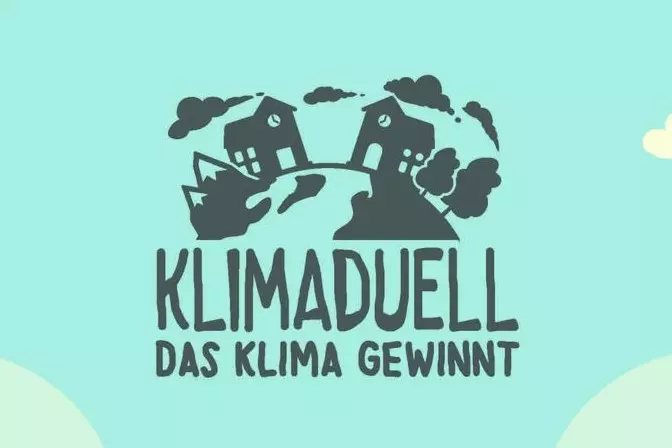
After the Department of Life Sciences & Facility Management competed in a climate duel with another university in 2021, Linda Burkhalter and David Koch and their project team are scaling the project to the entire ZHAW. The aim of the Climate Duel 2.0 competition is to motivate university members to adopt climate-friendly behaviour in a fun way. The pilot of the climate duel has shown that gamification is an effective approach to motivating university members to adopt sustainable behaviour. During the initial implementation, around 2.3 tonnes of CO2 were saved together with the "opponent" - the Eberswalde University of Applied Sciences. For the ZHAW-wide climate duel, the project team is developing corresponding challenges and will followingly examine their effectiveness
Machine Translation Assistance in Times of Crisis
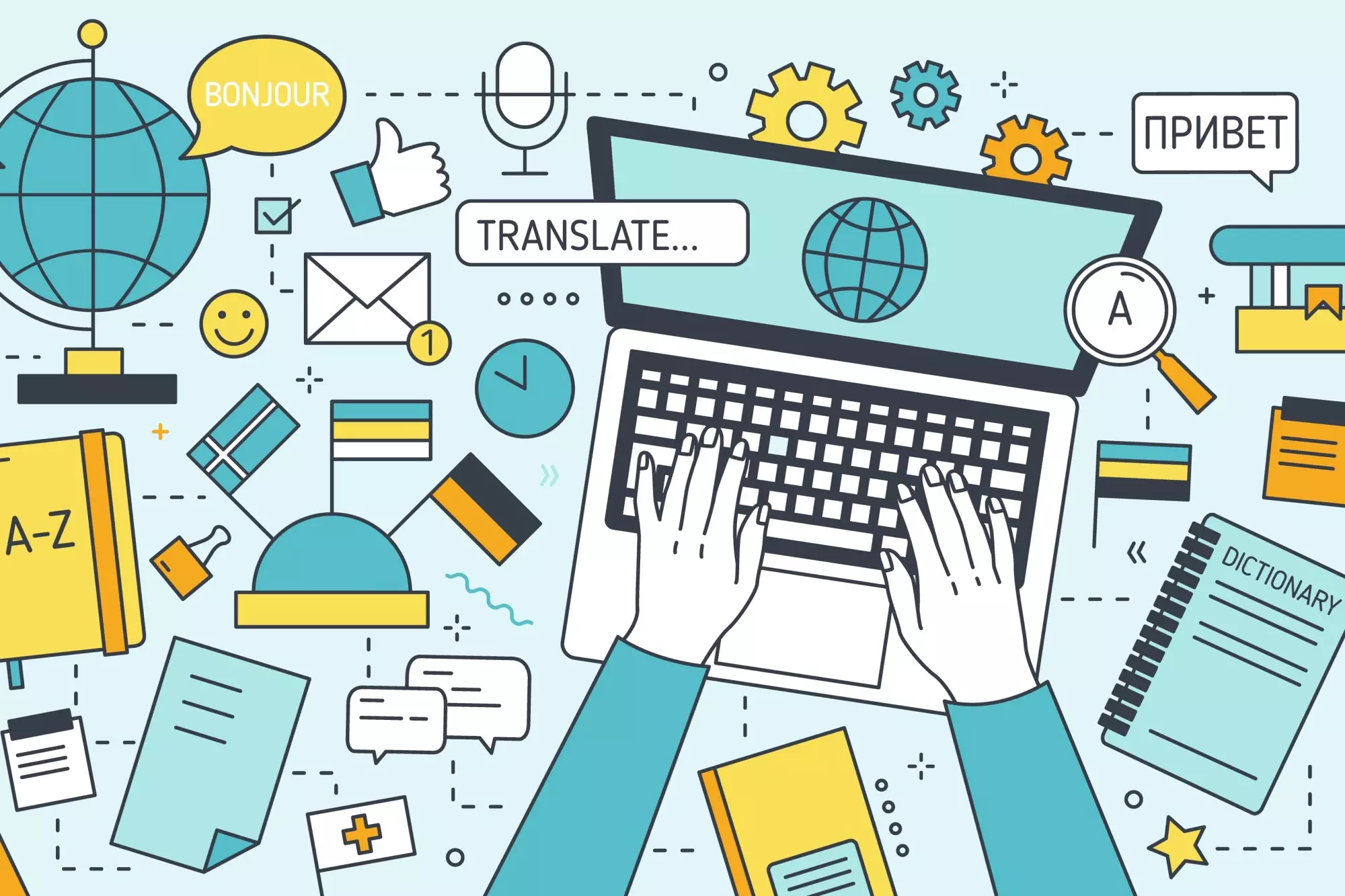
In her project, Alice Delorme Benites explores how machine translation tools can be used to communicate with refugees. Providing services to newly arrived refugees is a linguistic challenge for public administrators, NGOs and educators. Interpreters are not always available for all languages. Although machine translation is free and efficient for European languages, it is not available or of lower quality for less common languages. In cooperation with native speakers, Benites is investigating which systems and device configurations are particularly suitable for written (email) and oral communication in different settings. The analysis includes criteria of quality, data protection and usability.
Developing Sustainable Packaging
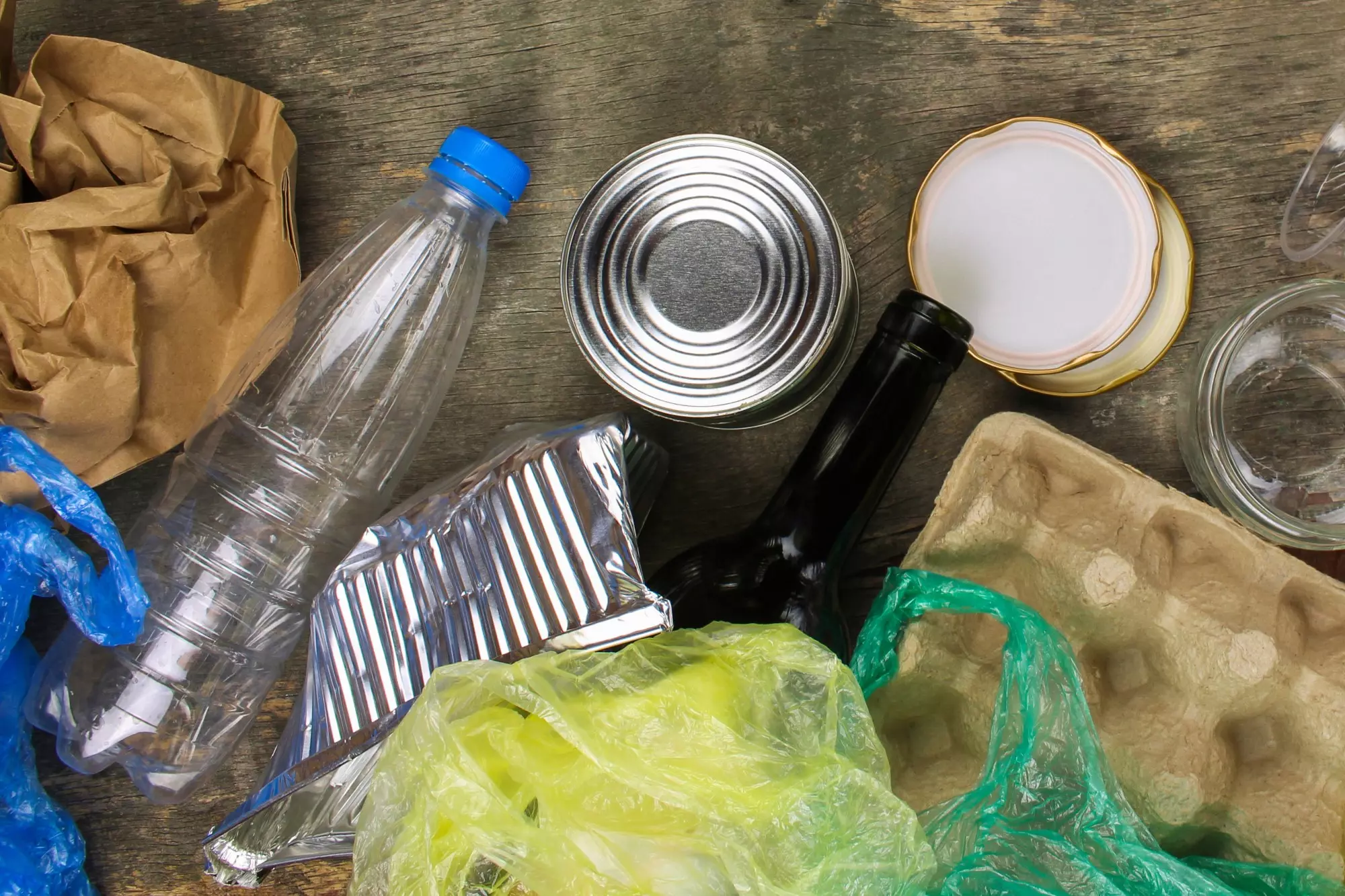
Packaging causes CO2 emissions and environmental pollution. Sustainable packaging should nevertheless fulfil all functions required for the product, be safe for people and the environment, but also sell the product in an appealing way. In order to meet all these expectations, an interdisciplinary approach is necessary. This is exactly what Selçuk Yildirim is pursuing with his project, which he is carrying out together with students. In the project, he combines sustainable packaging material and process development activities from his food packaging research group with the design expertise of the ZHdK and the communication expertise of the ZHAW's environmental psychology group.
High Protein Foods Database

In her project, Claudia Müller is developing a database that enables students and researchers to compare high-protein foods with respect to various sustainability aspects. This will help to identify which products can contribute to a more sustainable protein supply for the population and to what extent. The knowledge of a wide range of people can flow into the database and be made available to future generations of students and employees. The aim is to create a continuously growing collection of reference material that contains the latest findings on the topic of protein sources.
Nudging with Beekeeper Tool

Nadine Klopfenstein's project aims to promote sustainability in the work behaviour of employees at the ZHAW Department of Applied Linguistics. To achieve this, brief information, tips and surveys are to be communicated via the interactive, digital communication channel Beekeeper. Employees are thus encouraged to make their working lives more sustainable and to participate in building a community. The project will be scientifically evaluated to provide research-based evidence on whether this digital nudging leads to more sustainable employee behaviour. The evaluation will also provide new insights into possible scalability for the entire ZHAW.
Mobile Inclusion Lab (MobILe)
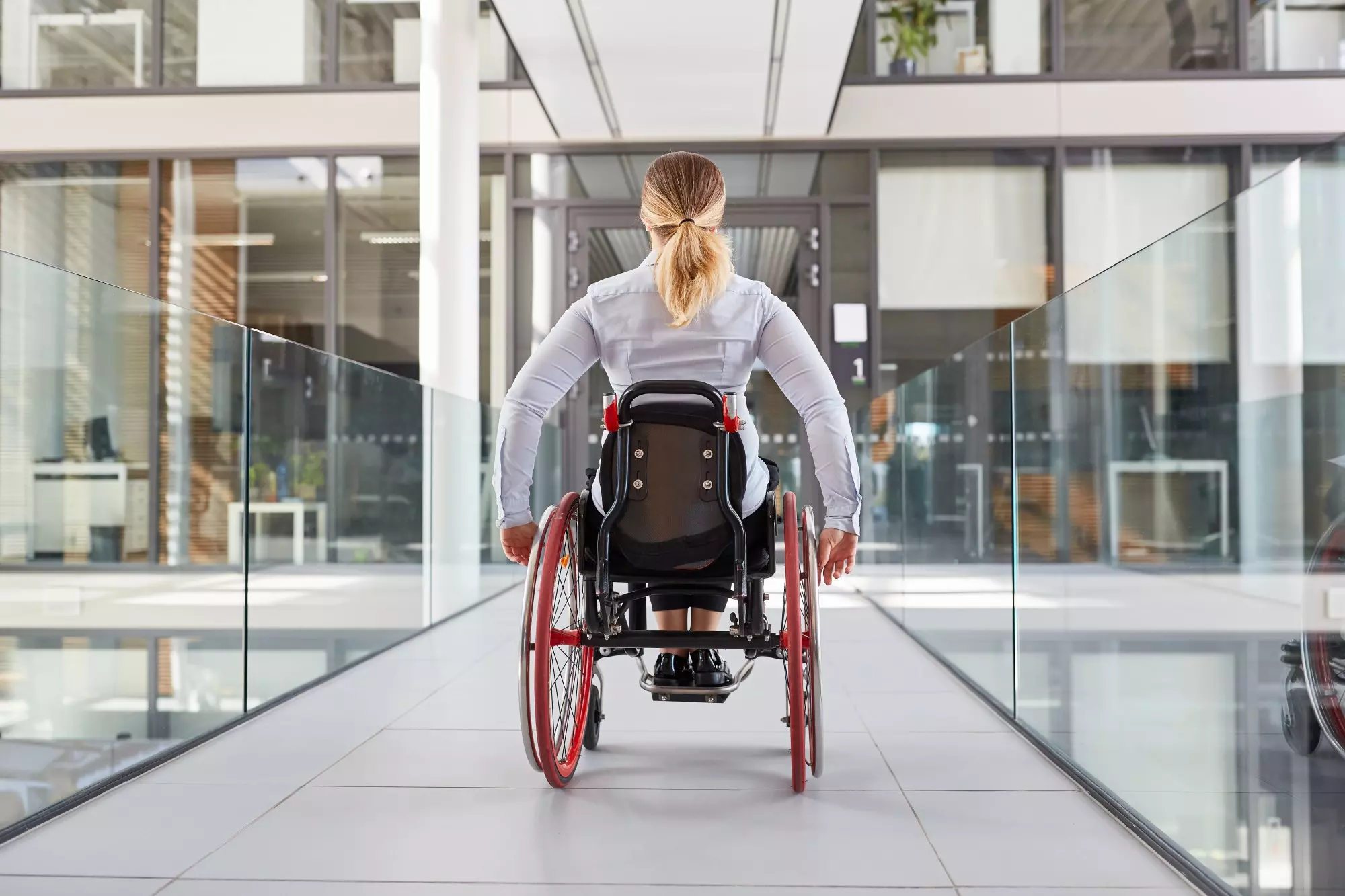
As part of the project funding, the Real-Lab MobILE is built. It aims to enable the experimental development of sustainable rehabilitation and assistive technologies for people with disabilities. The project team, led by Martina Spiess, provides a toolkit of hardware and software, including 3D printing, sensors, motors and human-computer interfaces. Furthermore, it offers teaching and technical support. Through joint interprofessional research and knowledge transfer with researchers and students, the project promotes a culture of developing sustainable, inclusive and human-centred solutions.
Promoting Sustainability Reporting for SMEs

With the development of a "Swiss Non-Financial Reporting Standard" (SNFRS), the Institute for Financial Management under the direction of Gabriela Nagel wanted to create a concrete orientation framework, especially for SMEs, in order to create up-to-date, meaningful sustainability reports. The anticipated solution is based on existing international regulations, which are broken down as simply as possible to Swiss conditions. The criteria of measurability, comparability, upward and downward compatibility were to be observed.
«earth to earth» project

The construction industry generates a lot of waste and emissions. Digital fabrication methods in combination with the use of alternative building materials offer great potential for the development of more sustainable constructions. However, in order for industry to adopt these innovative systems, their technological maturity must be demonstrated through applied demonstration projects. David Jenny from the Centre for Building Technology and Processes is introducing a new hybrid research and teaching format with his "earth to earth" project. In cooperation with other universities and industry partners, workshops are held annually to apply current research findings on sustainable building methods to a real design and construction project, thus promoting the acceptance of industry and architectural practice for the implementation of new technologies.